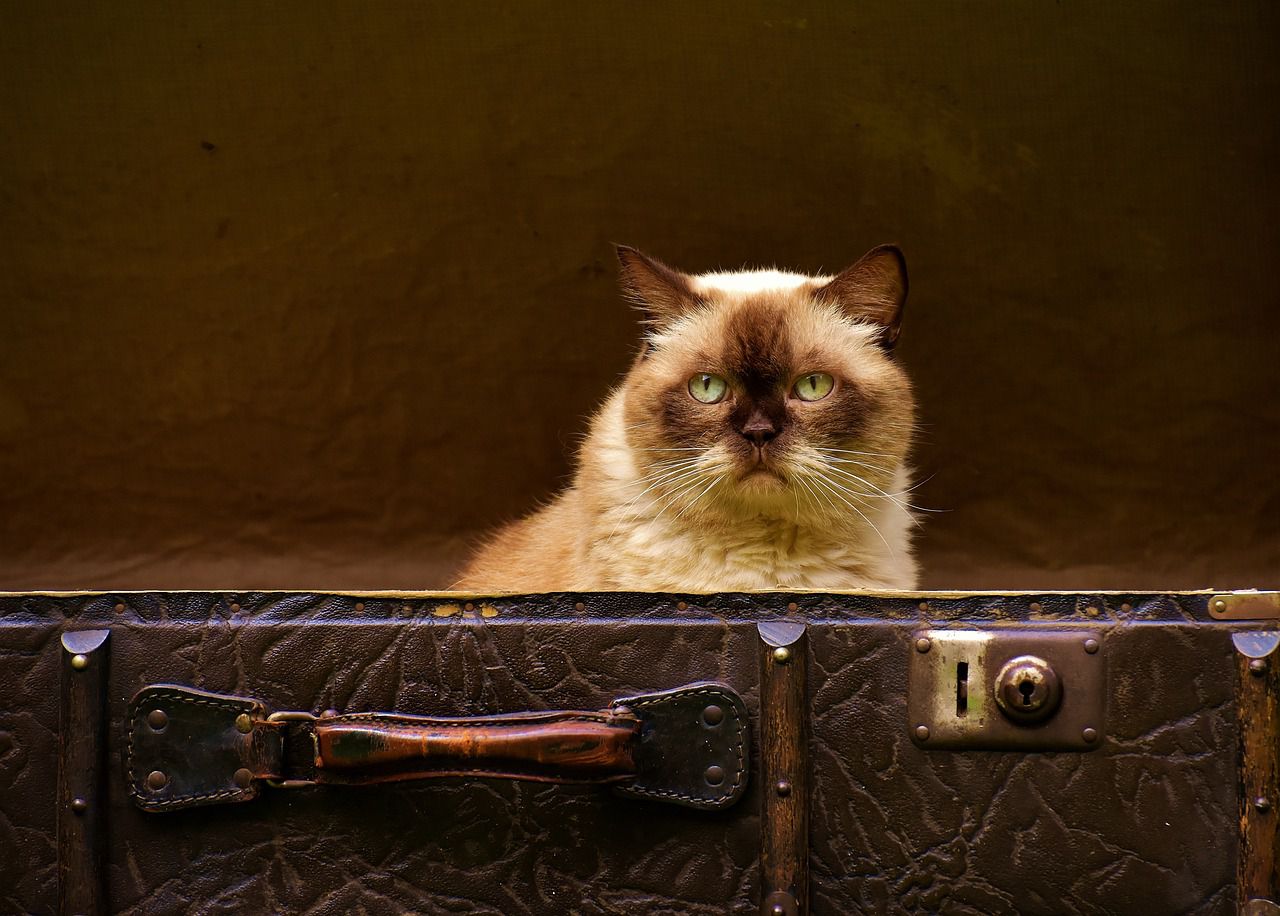When cats age, they act differently - just like humans.
If you have a cat, then you probably can notice how its habits and behavior changes with age, and it's pretty normal.
Here are a few popular examples of things that change with age in your pet's behavior and everyday routine.

They tend to sleep more
Older cats tend to sleep more than younger ones. This is because their energy levels decrease as they age.
They don't play that much
Kittens and younger cats are usually more playful and active. Older cats may become less interested in playing and prefer resting.
Their appetite changes
Some older cats may eat less or become pickier with their food. Dental issues or changes in metabolism can contribute to this.
It's harder for them to groom themselves
Older cats may have difficulty grooming themselves thoroughly, so their fur might not be as well-kept. You may need to help them with grooming or take them to the vet for grooming.
Their agility is lower
Older cats may become less agile and have trouble jumping onto high surfaces.
They talk more
Some older cats become more vocal, possibly due to discomfort or cognitive changes.
Their cognition declines
Like people, cats can experience cognitive decline as they age. This might include confusion, disorientation, or changes in social behavior.
Their health deteriorates
Older cats are more prone to various health problems, and their behavior can change as a result of pain or discomfort.
Conclusion
While all these changes can be pretty depressing to witness, you should remember that it's still your old pet friend - it just needs more tile, love, and care from you now. So, create even more happy memories together!












